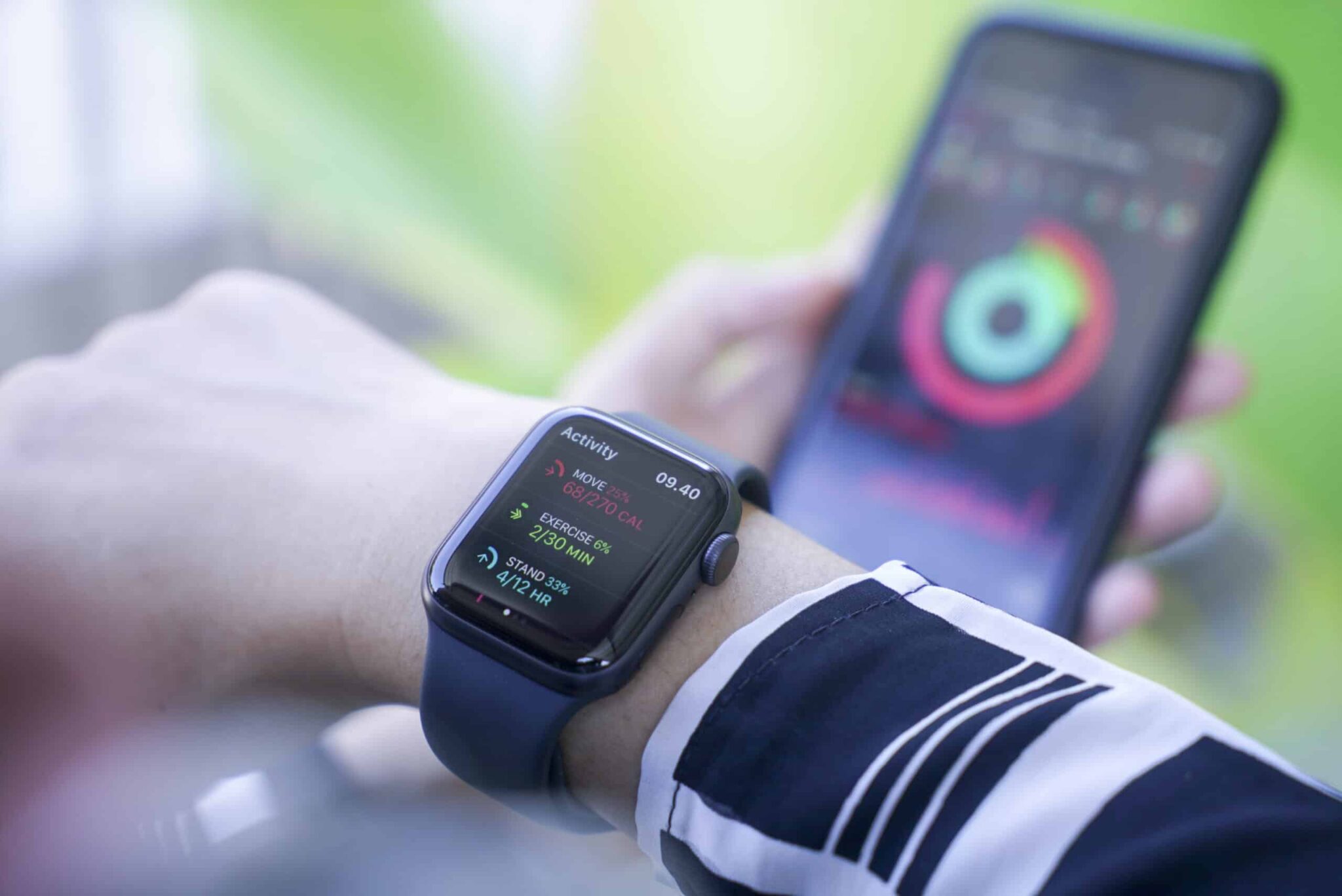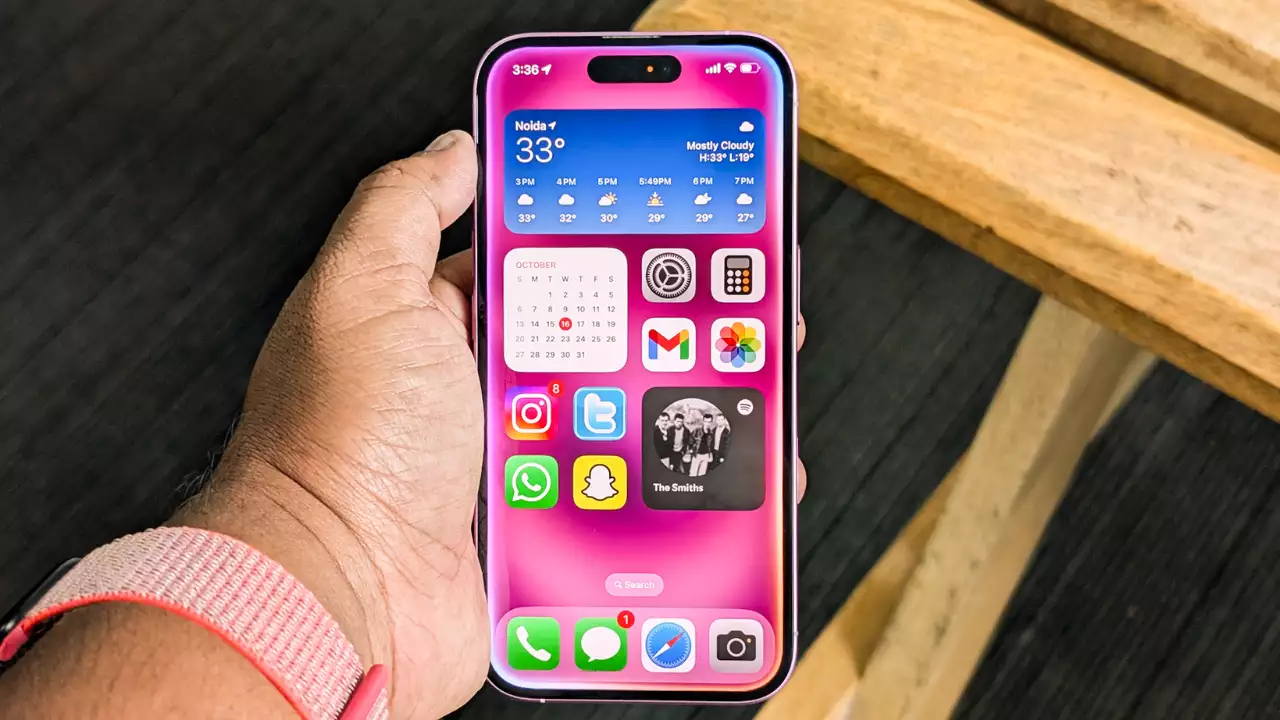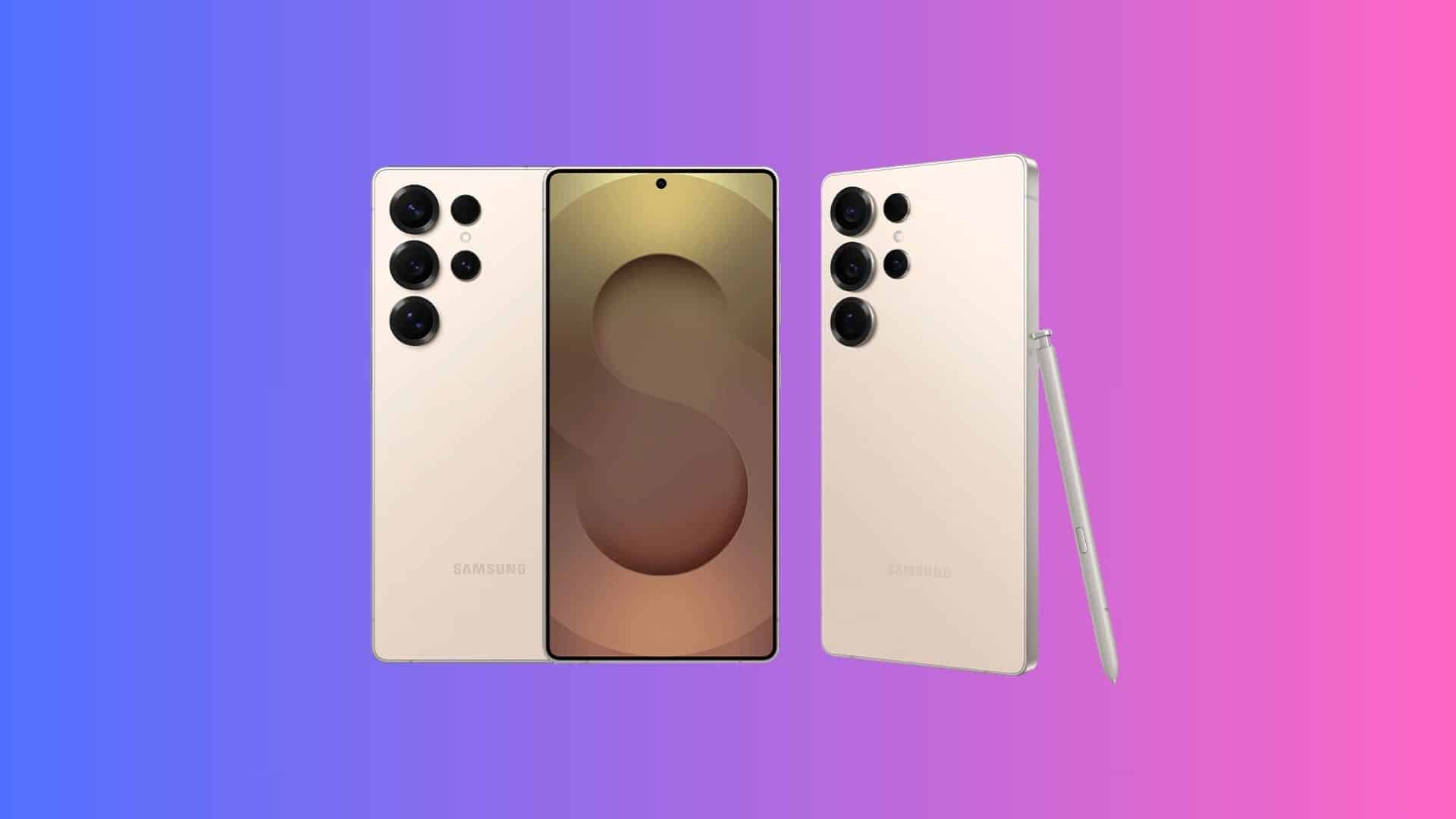Whispers are turning into a roar as reports suggest the tech giant is heavily invested in developing sophisticated AI agents that could potentially act as virtual “doctors,” offering personalized health advice and guidance right from your Apple devices. This ambitious move, if realized, could democratize healthcare access and empower individuals to take a more proactive role in managing their well-being.
While Apple has remained tight-lipped about the specifics, credible sources and patent filings hint at a significant push towards integrating advanced artificial intelligence into its health ecosystem. This isn’t just about tracking steps or heart rates anymore. We’re talking about AI capable of understanding complex medical information, analyzing user data, and providing tailored recommendations that could range from lifestyle adjustments to suggesting when to seek professional medical help.
Imagine a scenario where your Apple Watch detects subtle anomalies in your vital signs. Instead of just alerting you, an AI agent could proactively ask you targeted questions about your symptoms, review your historical health data, and even compare it with information from medical databases to offer a preliminary assessment. This could be particularly beneficial for individuals in remote areas with limited access to doctors or for those who prefer the convenience of an initial consultation from the comfort of their homes.
What Could These AI Doctor Agents Do?
The potential functionalities of these AI agents are vast and could include:
- Personalized Health Advice: Based on your unique health profile, lifestyle, and tracked data, the AI could offer tailored advice on diet, exercise, sleep, and stress management. For example, if your sleep patterns have been erratic, the AI might suggest specific relaxation techniques or adjustments to your bedtime routine, backed by scientific evidence.
- Symptom Analysis: By asking targeted questions and analyzing user-reported symptoms alongside biometric data, the AI could help users understand potential health concerns and guide them on the appropriate next steps, whether it’s monitoring their condition or consulting a human doctor.
- Medication Management: The AI could potentially help users keep track of their medications, remind them when to take them, and even flag potential drug interactions based on their medical history.
- Mental Wellness Support: Beyond physical health, these AI agents could also offer basic mental wellness support, such as guided meditations, mood tracking, and resources for managing stress and anxiety.
- Early Detection of Health Issues: By continuously monitoring health data and identifying patterns, the AI could potentially detect early signs of certain health conditions, prompting users to seek timely medical attention. This could be life-saving in cases where early diagnosis significantly improves treatment outcomes.
Apple’s History in Health: A Foundation for AI Doctors?
Apple has been steadily building its presence in the health sector for years. Features like the Apple Watch’s ECG functionality, fall detection, and blood oxygen monitoring have already demonstrated the company’s commitment to empowering users with valuable health insights. The introduction of Health Records, which allows users to securely store and access their medical information from participating healthcare providers, further solidified this ambition.
Developing AI doctor agents appears to be the next logical step in this evolution. By leveraging the vast amounts of health data collected through its devices and integrating sophisticated AI algorithms, Apple aims to create a truly comprehensive and personalized health companion.
Concerns and Ethical Considerations:
While the prospect of having an AI doctor on your wrist is exciting, it also raises important ethical and practical considerations. Data privacy and security are paramount. Users need to be confident that their sensitive health information will be protected. The accuracy and reliability of AI diagnoses are also crucial. Misdiagnosis or delayed diagnosis could have serious consequences.
Furthermore, the role of human doctors cannot be entirely replaced. AI agents could serve as valuable tools for initial assessment and guidance, but complex medical conditions will always require the expertise and empathy of human healthcare professionals. The ideal scenario would likely involve a collaborative approach where AI assists doctors in providing more efficient and personalized care.
What Does This Mean for the Future of Healthcare?
Apple’s potential foray into AI-powered health agents could have a profound impact on the healthcare industry. It could lead to:
- Increased Accessibility: Healthcare could become more accessible to individuals in underserved areas or those facing mobility challenges.
- Proactive Health Management: People could become more engaged in managing their health and well-being through continuous monitoring and personalized guidance.
- Reduced Healthcare Costs: AI-powered initial assessments could potentially reduce the burden on traditional healthcare systems and lower costs for individuals.
- Earlier Disease Detection: Timely detection of health issues through AI monitoring could lead to better treatment outcomes.
The Road Ahead:
Developing sophisticated AI doctor agents is a complex undertaking that will require significant technological advancements, rigorous testing, and regulatory approvals. It’s unlikely that we’ll see a fully functional AI doctor on our iPhones overnight. However, the reports and Apple’s past trajectory suggest that this is a direction the company is seriously exploring.
The future of healthcare could be one where technology plays an increasingly integral role in keeping us healthy. Apple’s potential entry into the realm of AI doctor agents could be a significant step towards that future, empowering individuals with personalized health insights and potentially transforming how we interact with healthcare professionals.






























